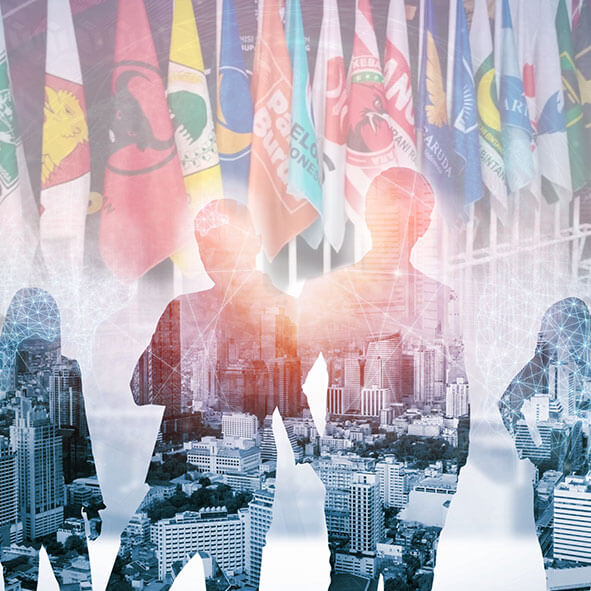Strengthening Government Ethics in Electing Leaders
The first President of the Republic of Indonesia, Ir. Soekarno, on one occasion conveyed a message: “a true leader is a servant to his people.” This message has become relevant and sacred as the political atmosphere ahead of the 2024 General Election (Pemilu) to elect a leader is just heating up.
Recently, political parties or combinations of political parties have proposed candidates for taking Indonesia’s leadership chairs. Of course all of them are the country’s men and women. Therefore, it is worth emphasizing here that leadership is a tough task. So, as Bung Karno also conveyed, “People who want to lead must be willing to suffer, struggle, and be responsible.” Thus, there is something that can be underlined by the two statements in Bung Karno’s message, namely that leaders are “servants of the people” and “must be responsible”.
Strong government ethics are basically part of integrity. Therefore, leaders whose integrity is maintained will carry out their duties honestly, fairly and consistently. They will avoid practices of corruption, nepotism and other actions that are detrimental to society.
Government ethics has demands that leaders uphold moral values in decision-making, and ensure that public interests take precedence over personal or group interests.
So it is clear that a leader is a person who has a charm in leading government, upholding the principles of justice and equality. Because he adheres to government ethics which require fair treatment of all citizens regardless of background, belief, race or economy.
This also accommodates government ethics to encourage active involvement and public participation in the decision-making process. Therefore, this requires ethical leaders to listen to the aspirations of the community, accept criticism, and open channels for constructive dialogue.
So with such high public trust, people believe that leaders who act just like those conveyed by Bung Karno will act in accordance with the interests of the community – not for personal or certain group’s interests. This trust is the basis for political and economic stability.
This explanation also makes it clear that leaders who follow ethical principles will be more likely to avoid corruption practices. Then took steps to ensure that state wealth and public resources were used as well as possible.
Furthermore, there are geopolitical and geostrategic benefits when this nation’s leaders can carry out governance ethics, including strengthening international prestige and reputation. These things can strengthen the country’s position in diplomacy, trade and cross-border cooperation.
It also strengthens the influence of soft power, because a well-maintained government can be a form of the country’s soft power. The ability to influence views, culture and norms through applied ethical values can strengthen Indonesia’s attractiveness and influence in international affairs.
However, history also records that countries that do not implement good governance ethics are always at risk of facing international isolation. Because other countries see unethical practices, they become reluctant to collaborate with that country. This can result in detrimental political and economic isolation.
This also includes countries that do not comply with the principles of government ethics and can lose support from partner or allied countries. This can have a negative impact on foreign, defense, and security policies, and reduce the country’s ability to achieve strategic goals.
From all of this, in the end, it becomes clear that government ethics must not be ignored. In addition, the stages of the 2024 elections have begun recently, so the rush to elect leaders increases among people.
In the end, it is clear that elections are a democratic momentum to elect leaders, as well as an indelible sign that government ethics must remain sustainable – even though leaders are chosen from one election to the next election, and so on.
(Prof. DR. Drs. Ermaya Suradinata, SH, MH, MSI, is the former Director General of Social and Political Affairs of the Indonesian Ministry of Home Affairs, Chancellor of IPDN, Governor of Lemhannas RI, and currently the Expert Council for Geopolitics and Geostrategy of BPIP RI.)

